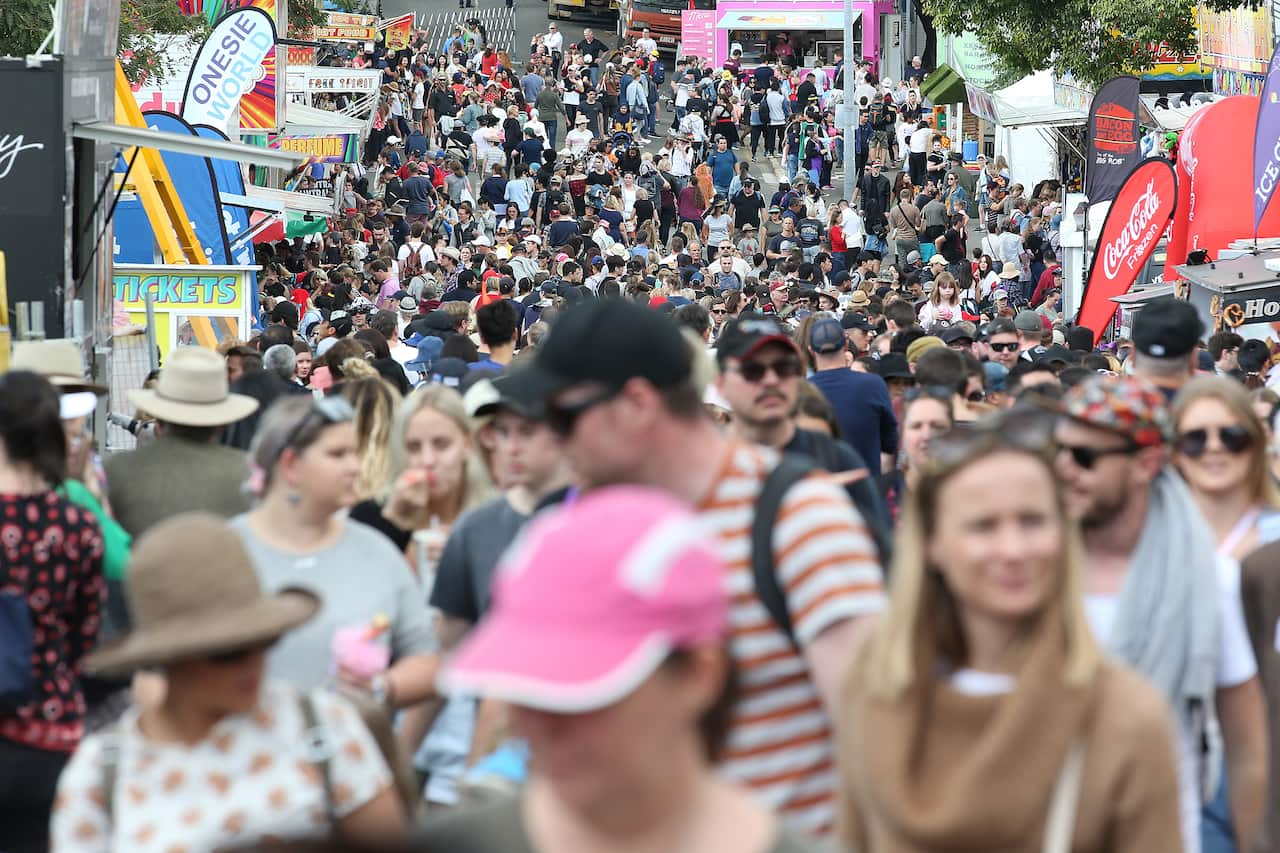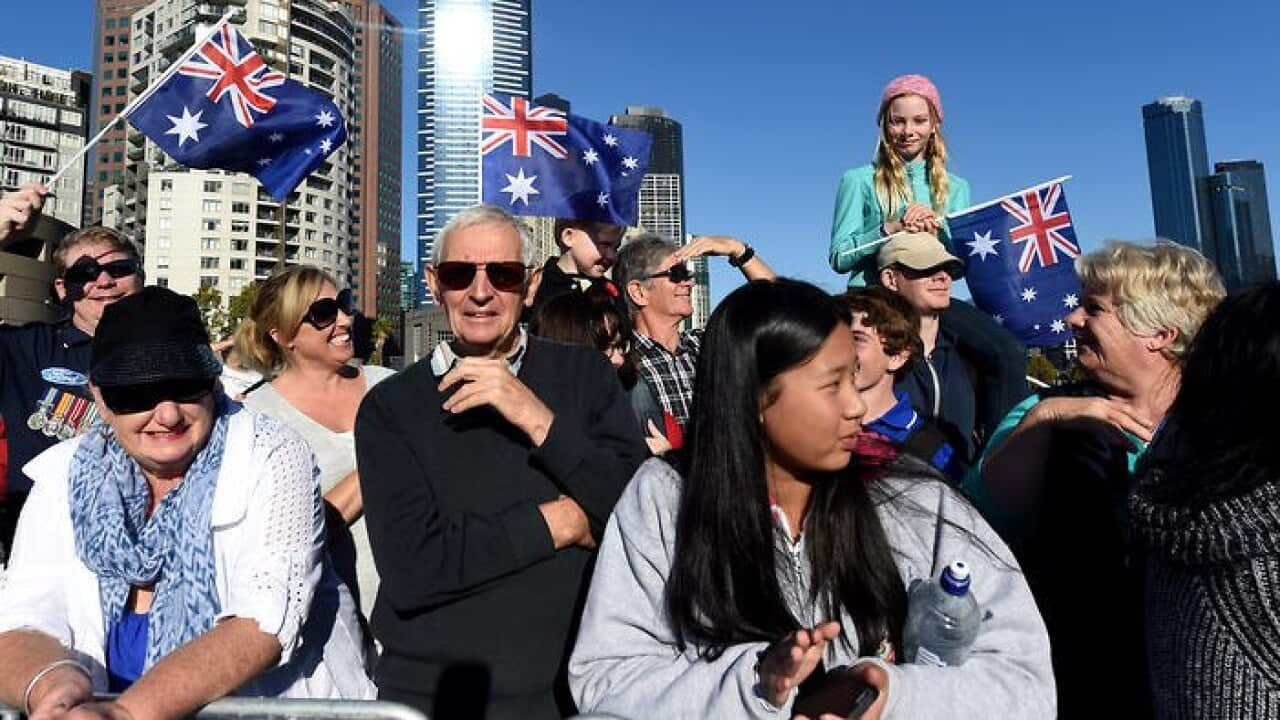When a Sudanese-Australian fashion model was recently confused for another model of African heritage in a magazine feature, a debate about racism unfolded.
The model, Adut Akech, accused the magazine of disrespecting her race because it used a photo of another model of Ugandan background in a feature about her.
But new research has found that an inability to recognise people of different races may not be entirely about racial prejudice.
Rather it could be a lack of exposure to different ethnicities as a child.
Researchers from the Australian National University discovered social contact during childhood can reduce - and even eliminate - what is described as the 'other-race effect'- the inability to tell people of different ethnicities apart.

"If you have exposure to members of different ethnic groups up until the age of 12, you're less likely to have this other-race effect. You're more like native recognisers," study co-author Kate Reynolds told SBS News.
The researchers say while racial prejudice can play a part in the other-race effect, the study findings could not point to racism as the key factor.
"We were able to also show that the kinds of patterns we talk about in this paper couldn’t be explained through peoples' prejudice," Professor Reynolds said.
"This is a pattern ... that can't be explained by people's negative attitudes towards different ethnic groups. It's part of the way in which the cognitive human brain works that it has developed these abilities and is not necessarily explained by people's attitudes or experiences.
"There is something else other and above that might explain why they are not very good at recognising people from other ethnic groups."
Like learning a language
The exposure range – from birth to 12 years old – was a crucial window in which human face recognition system is shaped and, much like learning a language as a child and then as an adult, it gets more difficult to discern faces of other ethnicities the older you get.
Improving social contact with other races as an adult - even over several years and involving many other-race friends - produced no improvement, the study found.
"After that developmental window you have to work very hard to train your brain to overcome this other-race effect," Professor Reynolds said.
"So it's like learning a second language - you can do it but it's much harder."
Jobs for those better at facial recognition
There have been serious consequences of the other race-effect, for example with passport misidentification and in the court system.
One of the most well-known cases of wrongful conviction based on flawed eyewitness identification was the case of American man Ronald Cotton, who spent 10 years in jail for rape and burglary before DNA evidence exonerated him in 1995.
Professor Reynolds said jobs that require facial recognition could be for those who have had lots of exposure to different ethnicities as a child.
Otherwise, training programs for adults were crucial.
"Being aware of it and being aware of this developmental window might mean that in certain kinds of jobs you might be more inclined to do quite a bit of training and develop training programs to improve people’s capacity to minimise the other-race effect," she said.

